A parasite is a micro-organism which is entirely dependent for all or part of its life cycle and metabolic requirements on its host. On the basis of metabolic requirements, there are two types of parasites:
Obligatory
They are always in contact with host and cannot survive without them.
Free Living
They can live independently of their host, partially on soil.
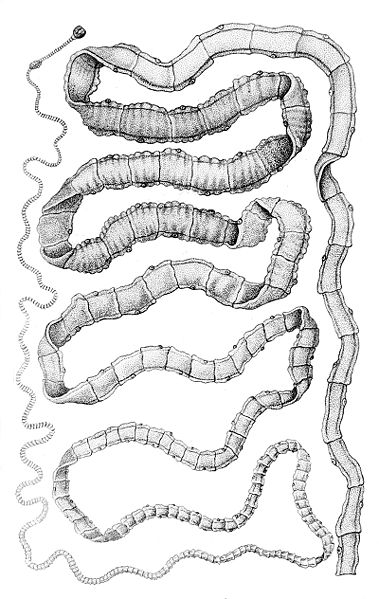 Direct Life Cycle
Direct Life Cycle
When parasite requires only one host to complete its life cycle, e.g. Entamoeba histolytica.
Indirect Life Cycle
When two or more hosts are required to complete its life cycle, e.g. Taenia saginata.
Definitive Host
It is the host in which the sexual reproduction takes place or most highly developed form exists.
Intermediate Host
It is the host in which asexual reproduction takes place.
Reservoir
This is an animal host which serves as the source from which other animals are infected.
 howMed Know Yourself
howMed Know Yourself

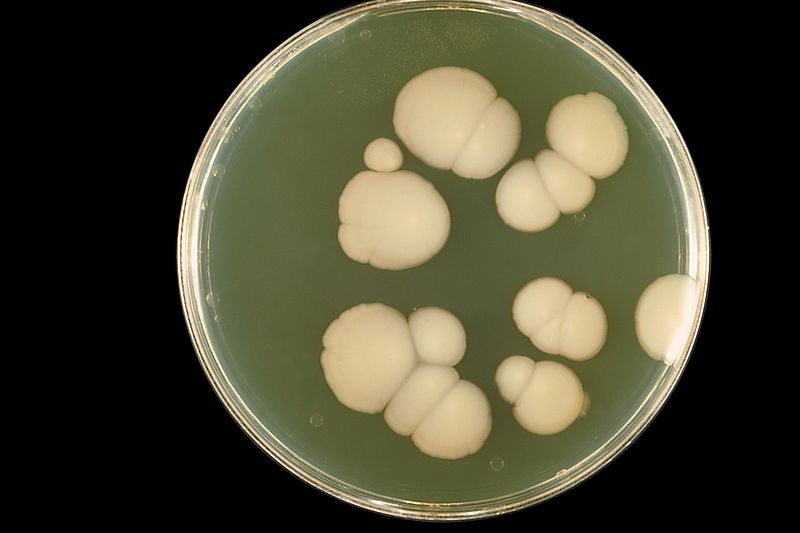
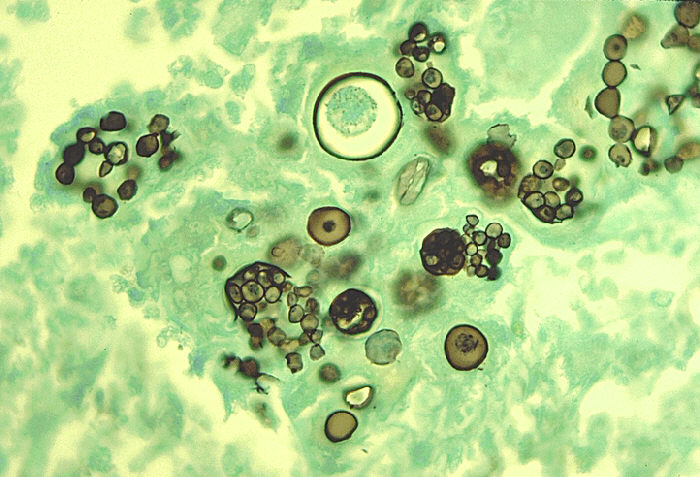
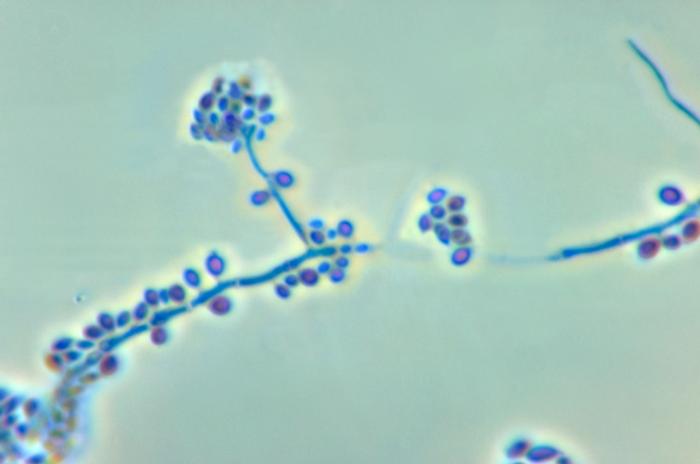
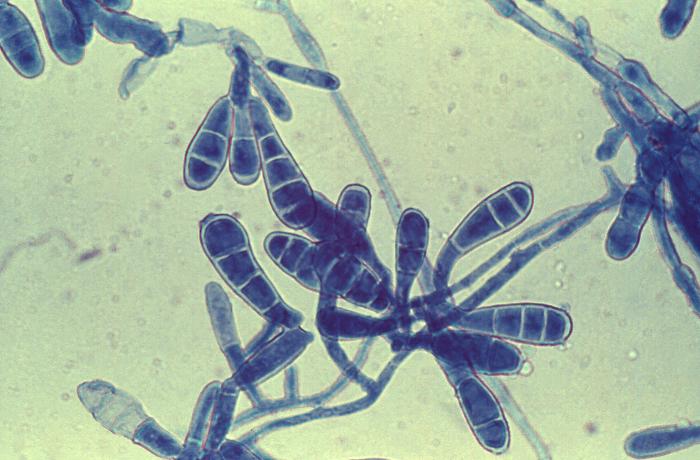
your defination for the term are easlly understood